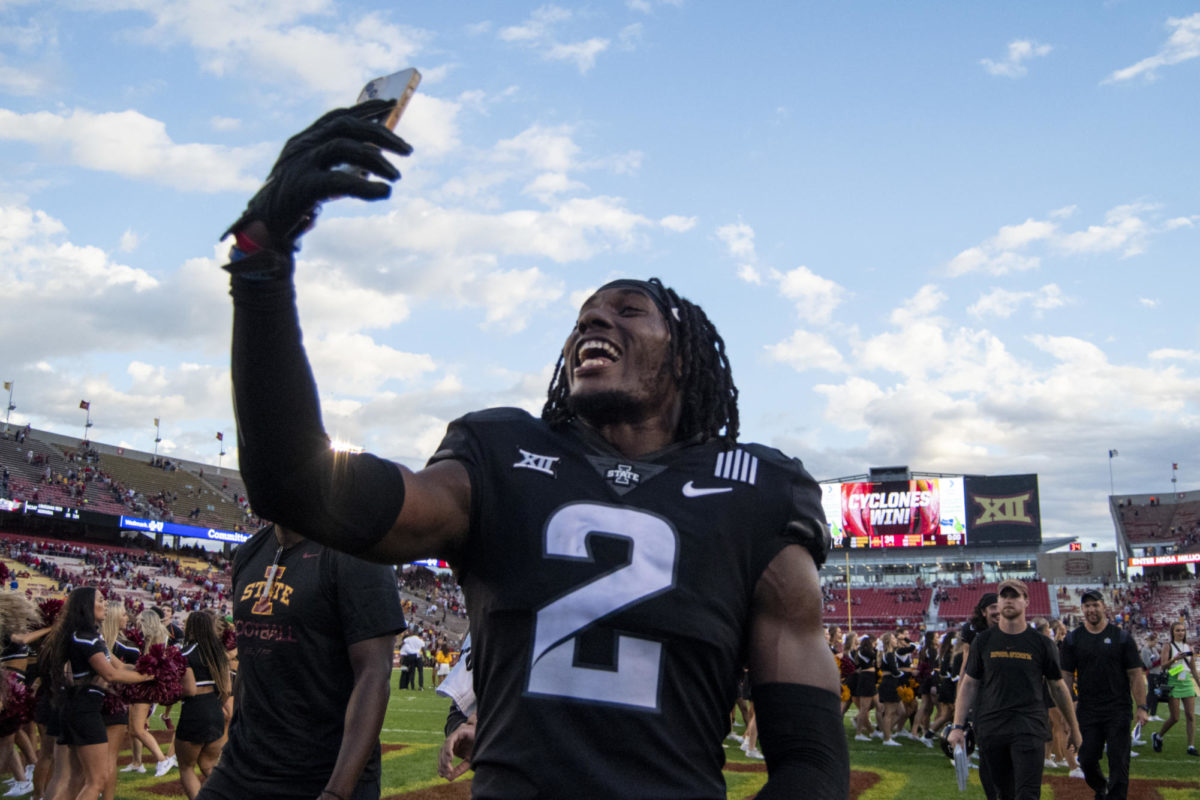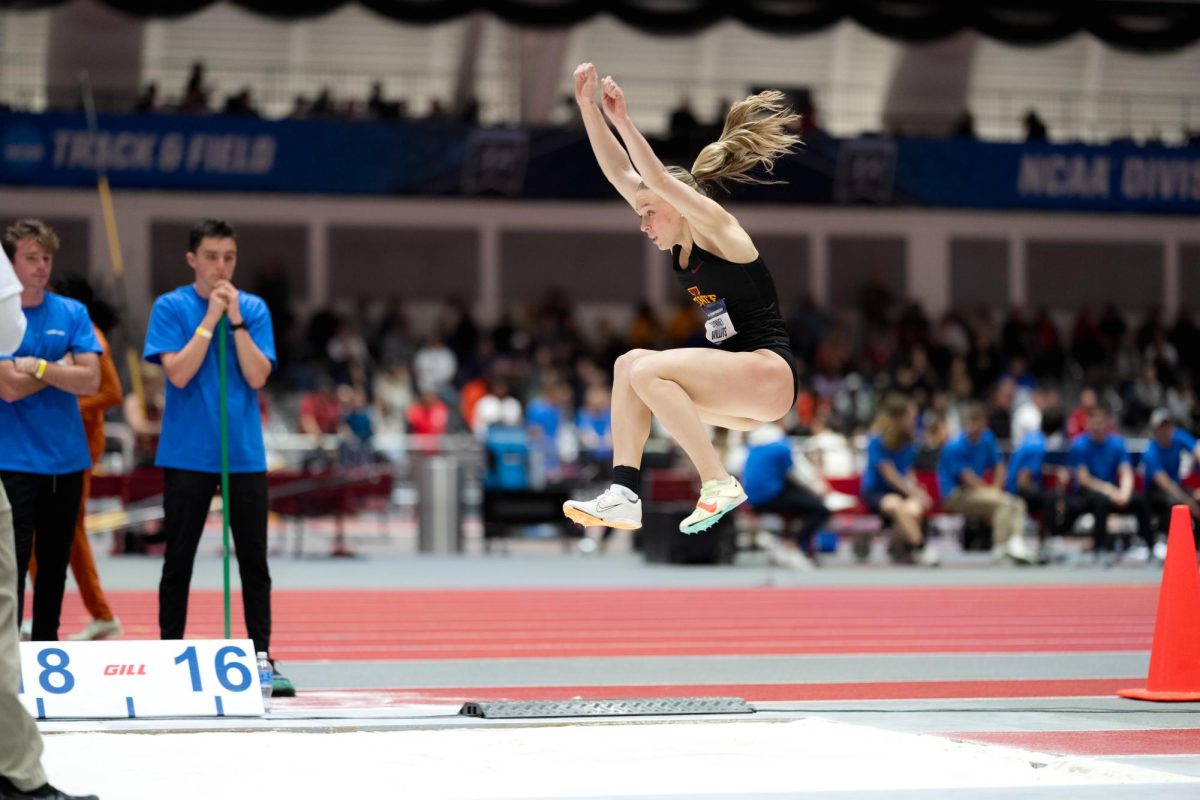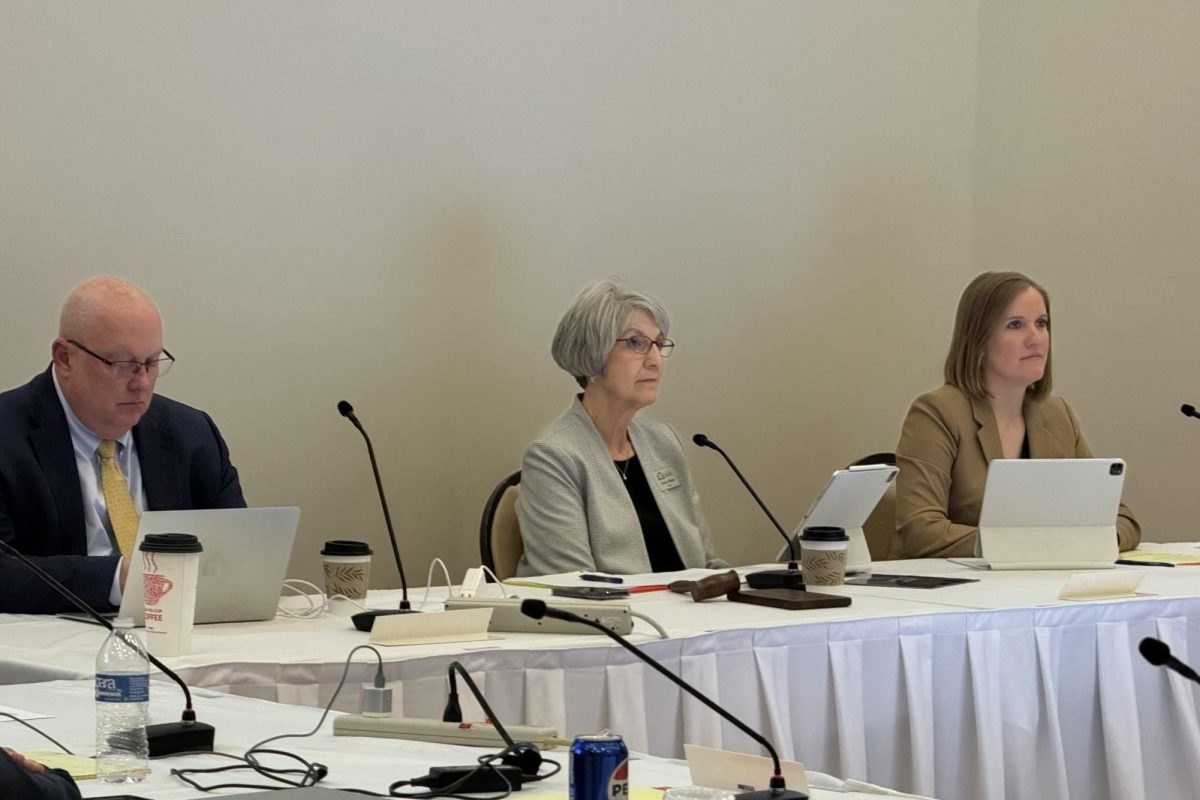Editorial: Central Campus a symbolic location for Obama visit
August 28, 2012
Writing about President Barack Obama’s visit to campus today is stating what should now be the obvious.
Slated to articulate his vision of American economic prosperity in terms of a diffuse ability among young people to fund the cost of acquiring a college degree (through tax credits and Pell Grants), what is more compelling than his choice of words is the immense inconvenience his arrival on campus will be for students.
CyRide will be rerouted off campus; Central Campus will be closed to pedestrian traffic; most of Curtiss Hall will be unavailable, and those in attendance will have to fork over their bags, umbrellas and liquids (including water). Noted for his eloquence in 2007-08, Obama’s arrival here now seems more like the use of a blunt instrument that sacrifices comfort for an appearance. The choice of venue, however, preserves his old eloquence.
Rather than speaking at Hilton Coliseum, as he did in 2007, which is a large but closed-in space, Obama will now speak in the middle of campus on one of the largest (and most famous) open university spaces in the country.
Politics is an activity that occurs out in the open. It can be viewed by the most casual observer. It can be affected by anyone who wants to participate. As a matter of course, things such as details of people’s personal lives during criminal investigations and civil suits, personal data, plans for national security, and the like, cannot and should not be accessible to everyone. But while not all government activity can be in plain view, the larger process can be.
In a representative government, it must be. Sunlight in government is essential if voters are to hold their officers accountable.
In those ways, the metaphor that lies in Obama’s preference for the open space of Central Campus to an auditorium is apt.
Unfortunately, hosting campaign rallies outside on university campuses does not translate into government transparency. A deep chasm separates the delivery of a speech to thousands of college students and effectively but openly governing an independent country, especially one as powerful and important as the United States.
His first full day in office, Obama told the apparatus of our federal government that “the way to make government responsible is to hold it accountable. And the way to hold the government accountable is to make it transparent so that the American people can know exactly what decisions are being made, how they’re being made, and whether their interests are being well served. … Transparency and the rule of law will be the touchstones of this presidency.”
Today, whether it was intended or not, he reminds us of that pledge.
It remains to be seen how well he will uphold it.
















